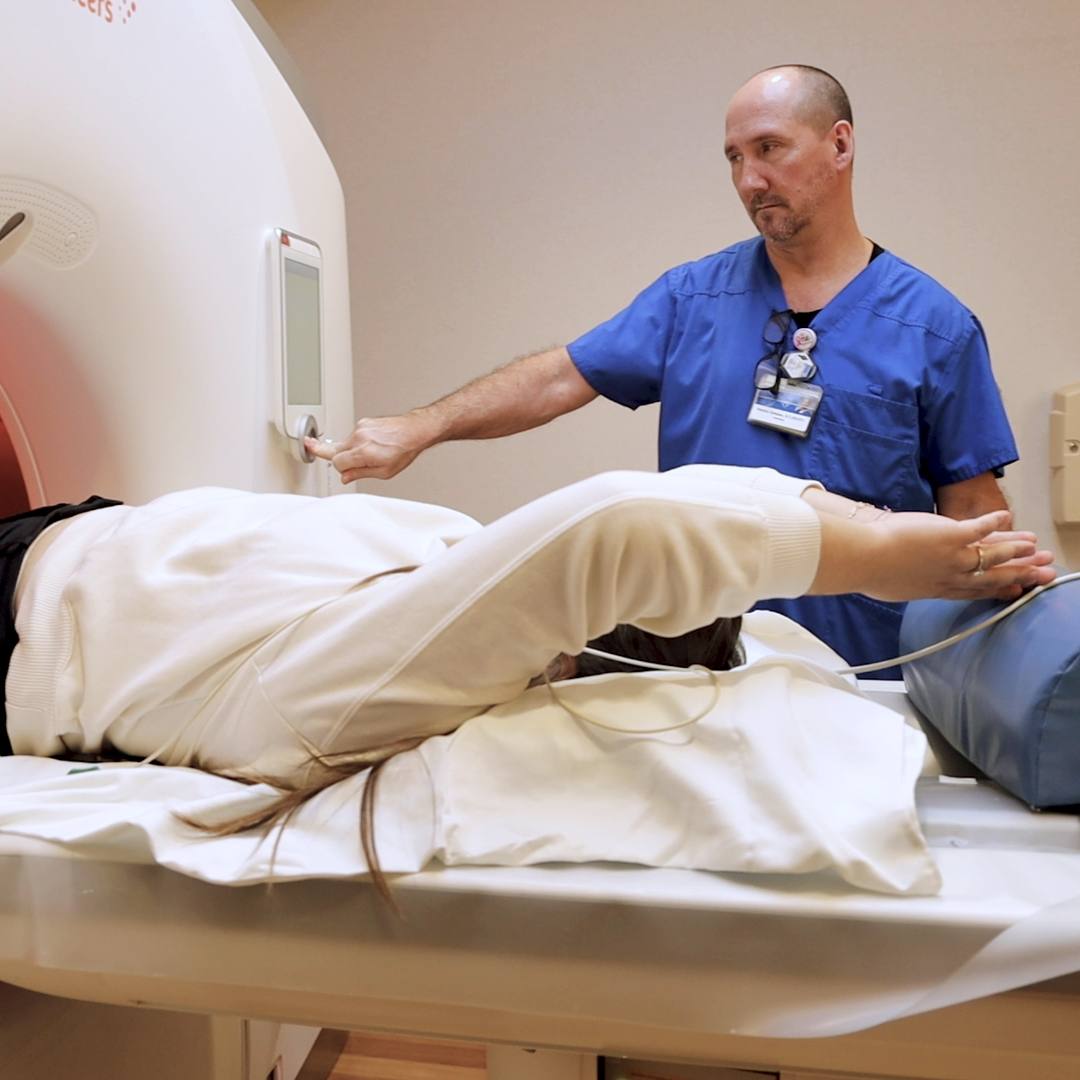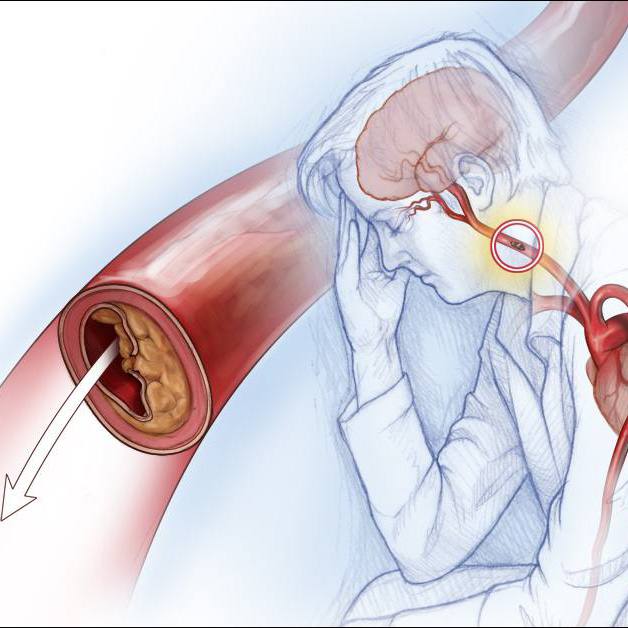-
Cardiovascular
Consumer Health: Winter fitness — safety tips for exercising in cold weather
 Safety tips for exercising in cold weather
Safety tips for exercising in cold weather
Frigid temperatures can discourage even the most motivated exercisers. Without motivation, it's tempting to put your exercise regimen on hold for the winter. But you don't have to let cold weather spell the end of your fitness routine. Stay safe, warm and fit with these cold-weather exercise tips.
***
Also in today's tips ...
HDL cholesterol: How to boost your 'good' cholesterol
High-density lipoprotein (HDL) cholesterol is known as the "good" cholesterol because it helps remove other forms of cholesterol from your bloodstream. Higher levels of HDL cholesterol are associated with a lower risk of heart disease. From exercising regularly and eating smart to taking medication, discover the best ways to bump up your HDL cholesterol level.
Grief: Coping with reminders after a loss
Grief doesn't magically end at a certain point after a loved one's death. You might be faced with grief over your loss again and again — sometimes even years later. Feelings of grief might return on the anniversary of your loved one's death or other special days throughout the year. These feelings, sometimes called an "anniversary reaction," aren't necessarily a setback in the grieving process. They're a reflection that your loved one's life was important to you. To continue on the path toward healing, know what to expect and how to cope.
Diabetes: Are electric blankets off limits?
On chilly nights, you may be tempted to warm up with an electric blanket. That could be risky if you have diabetes, though. Nerve damage (neuropathy) is one potential complication of diabetes. This nerve damage can cause tingling or numbness. If you have any degree of nerve damage, you may not be able to sense if an electric blanket or heating pad is too hot. This can lead to inadvertent burns. Learn more from Dr. M. Regina Castro, a Mayo Clinic endocrinologist.
Smoking and rheumatoid arthritis
Smoking is linked to the development of rheumatoid arthritis, particularly for people who have smoked 20 years or longer. Smokers also have an increased risk of more severe rheumatoid arthritis and may be less likely to experience remission. In addition, smoking decreases the effectiveness of some drugs used to treat the disease and can be a barrier to engaging in activities, such as exercise, that may relieve some symptoms. Learn more from Dr. April Chang-Miller, a Mayo Clinic rheumatologist.







